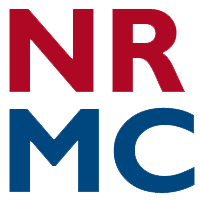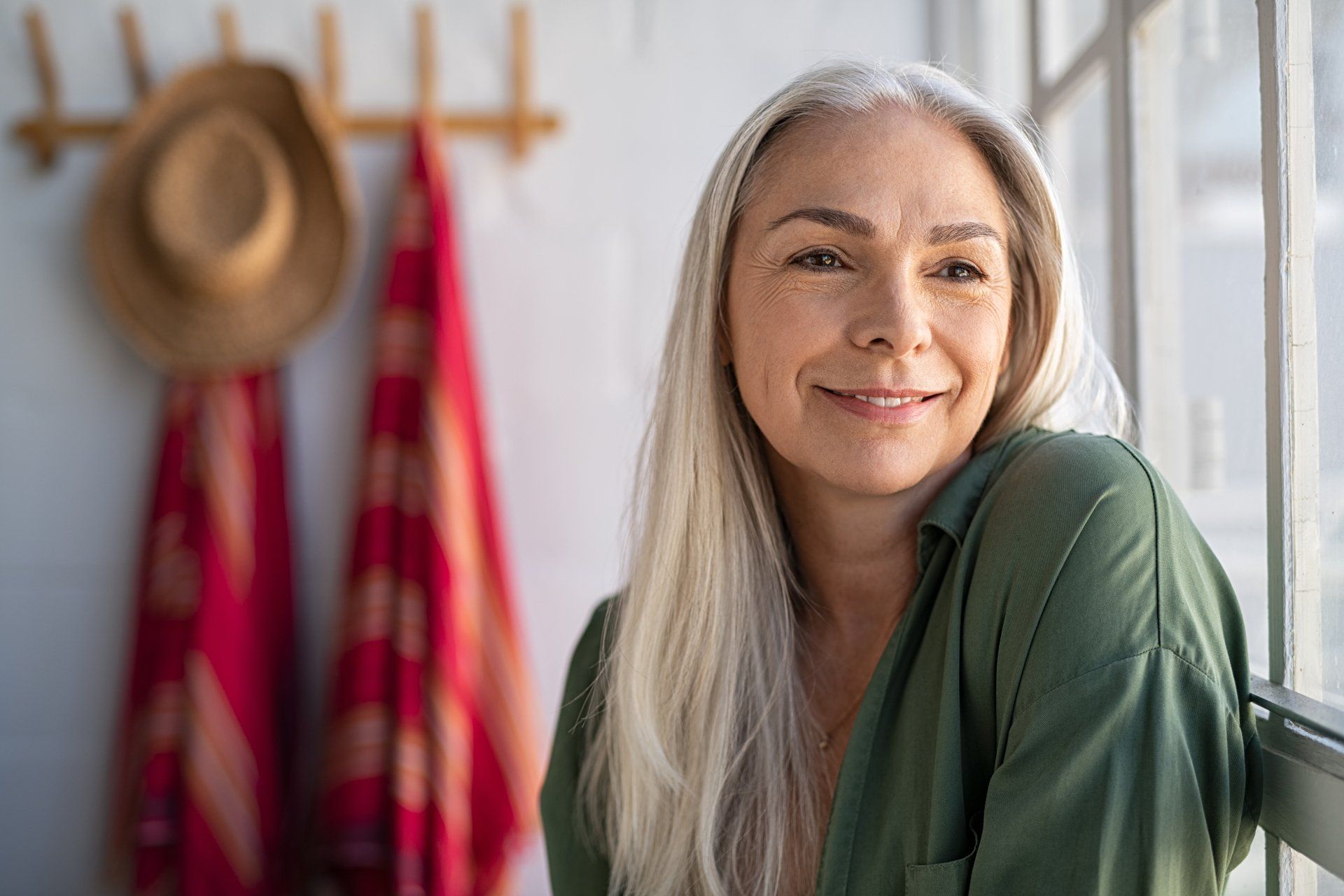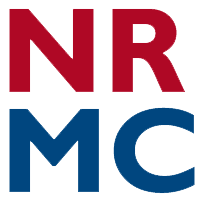Patient Advance Directives
Common Questions about Advance Directives
What exactly is an advance directive? An advance healthcare directive is either a written or verbal instruction that you give to your healthcare provider and members of your healthcare team regarding your treatment and care wishes.
What types of advance healthcare directives are there?
There are several types of directives. The most common type is known as a “Durable Power of Attorney for Health Care” (DPAHC). This is a legal document that you can use to express your healthcare wishes in the event that you are unable to communicate your desires at some point.
The DPAHC is often used to:
1. Appoint someone to act on your behalf and make healthcare decisions for you if you are unable to do so. These individuals are called “surrogate decision makers.”
2. Communicate specific instructions to your healthcare team regarding such issues as end-of-life care, the intensity of care you desire, etc.
3. Assure that your wishes are known and respected when care and service is provided.
Why should I have an advance directive?
It’s not a pleasant thought, but the fact is that there might come a day when you are hospitalized and unable to make healthcare decisions for yourself.
Having an advance directive assures that your wishes are known and respected. It also makes it easier for your family or loved ones to make decisions during a difficult time.
Are advance directives permanent?
In general, an advance directive is valid until such time as you may change or amend it. There are no time limits or other restrictions.
Can I change my directive?
Yes, you can change your directive at any time. You may change your directive either in writing, or simply by verbalizing your wishes to your physician or healthcare provider. It is recommended, if possible, to make changes to your directive in writing.
Will you honor my advance directive?
Yes, this organization will certainly make every effort to honor and respect your wishes. However, we cannot honor an advance directive that asks us to do something beyond the capacities of our facility, or which is contrary to State or Federal law and accrediting agencies, or contrary to the policies mandated by our Board of Directors and/or corporate parent.
How do I go about getting an advanced directive?
You may use the services of an attorney to help you draw up an advance directive, but that is not necessary. We can help you complete a directive if you would like our help. At Nevada Regional Medical Center you would need to contact someone in the Department of Social Services at 417-448-3682.
Does this mean that you would “witness” my directive?
Generally the staff at NRMC cannot act as witnesses in executing an advance directive. But we can help you with the process.
So, how do I get started?
The Department of Social Services at NRMC would be glad to assist you. Please call us at 417-448-3682.






